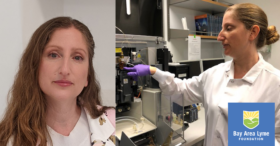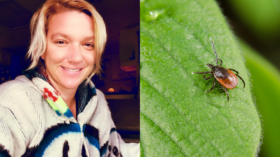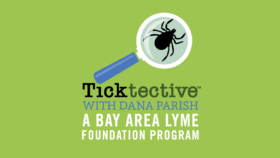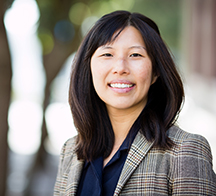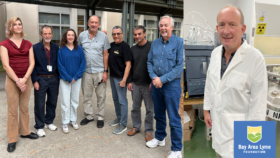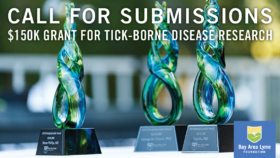FOR IMMEDIATE RELEASE
New Study Demonstrates Protein May Provide Protection Against Lyme Disease
Sweat protein protects against Lyme disease in vivo and is a potential therapeutic avenue for drug development
PORTOLA VALLEY, Calif. April 3, 2024—Bay Area Lyme Foundation, a leading sponsor of Lyme disease research in the US, recently announced the identification of an unknown common missense variant at the gene encoding for Secretoglobin family 1D member 2 (SCGB1D2) protein that increases the susceptibility for Lyme disease as well as two previously known variants. Published in the peer-reviewed journal Nature Communications, this study shows normal versions of the SCGB1D2 protein prevent infection by Borrelia in vivo and appear to be a host defense factor present in the skin, sweat, and other secretions, opening an exciting potential therapeutic avenue for Lyme disease. This research was also featured on NBC10 News in Boston.
“We are excited that our international collaboration with Hanna Ollia’s group and our co-authors has turned up such an exciting and unexplored avenue in the body’s defenses against Lyme disease,” said Michal Tal, PhD, Principal Scientist in the Department of Biological Engineering at MIT, and a Bay Area Lyme Foundation 2018 Emerging Leader Award winner. “This discovery reveals a human protein with protective activity against the bacteria that cause Lyme disease, which we hope could lead to a future path for exploring new methods to prevent and treat Lyme disease.”
This research has shown that the genetic variant of the SCGB1D2 which creates a misshapen protein appears to be specific for Lyme disease and has not been previously reported as associated with any other disease, phenotype, or infection. The researchers also found that about one-third of the population carries a genetic variant of this protein that is associated with Lyme disease in genome-wide association studies (GWAS).
